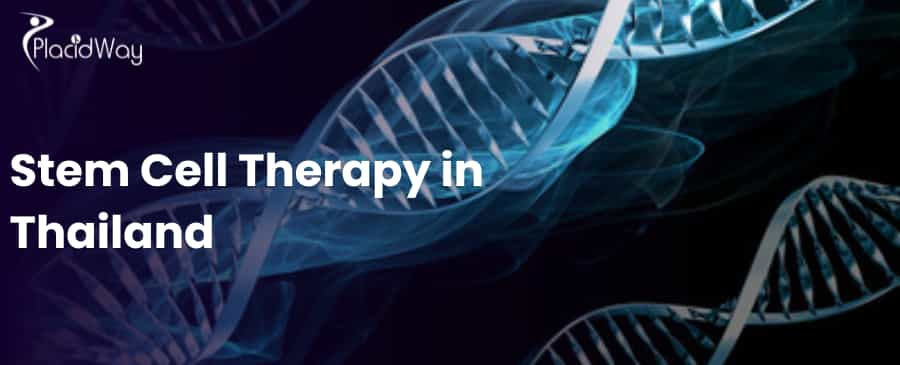
Thailand has rapidly emerged as a global leader in regenerative medicine, attracting thousands of international patients seeking high-quality, affordable stem cell therapy. With its world-class medical facilities, experienced specialists, and a supportive regulatory environment, the country offers new hope for individuals grappling with chronic diseases, orthopedic injuries, and age-related conditions. This guide provides a comprehensive overview of what you need to know about pursuing stem cell treatment in the Land of Smiles.
Key Takeaways
- Significant Cost Savings: Patients choosing stem cell therapy in Thailand can expect to save 50-70% compared to treatment costs in the United States and Europe, without compromising on the quality of care or technology.
- Advanced Treatment Options: Thai clinics offer a wide array of stem cell therapies using various cell types, including Mesenchymal Stem Cells (MSCs), to treat orthopedic, autoimmune, neurological, and degenerative conditions, as well as for anti-aging purposes.
- Regulatory Oversight: Stem cell therapy is legal and regulated by the Thai Food and Drug Administration (TFDA), ensuring that treatments meet stringent safety and quality standards for patient protection.
- Cost of Stem Cell Therapy at a Glance:
- Thailand: $3,000 - $15,000
- Mexico: $3,500 - $15,000
- Turkey: $2,000 - $15,000
- United States: $20,000 - $50,000
Understanding Stem Cell Therapy: The Science of Regeneration
Stem cell therapy is a form of regenerative medicine that uses the body's own natural healing mechanisms to repair and regenerate damaged tissues and organs. These unique cells are undifferentiated, meaning they have the remarkable ability to develop into many different cell types, from bone and cartilage to muscle and nerve cells.
At its core, the therapy involves introducing new, healthy stem cells into the body. Once administered, these cells can seek out areas of injury and inflammation. They work by replacing damaged cells, reducing inflammation, and stimulating the body's innate repair processes. The most commonly used cells in Thailand are mesenchymal stem cells (MSCs), which can be ethically sourced from umbilical cord tissue, adipose (fat) tissue, or bone marrow.
Why Choose Thailand for Stem Cell Therapy?
Thailand has cultivated a reputation for excellence in medical tourism, combining cutting-edge technology with renowned Thai hospitality. The country presents a compelling package of high-quality care, significant cost advantages, and a relaxing environment conducive to healing and recovery.
Several key factors make Thailand a top destination for regenerative treatments:
- Affordability: The primary driver for many patients is the cost. Due to lower operational expenses and a competitive healthcare market, prices for stem cell procedures in Thailand are a fraction of what they are in Western nations.
- Experienced Professionals: Thai doctors and scientists have been involved in stem cell research and application since the mid-1990s. Many are internationally trained and have extensive experience in the field of regenerative medicine.
- State-of-the-Art Facilities: Medical centers in major cities like Bangkok and Phuket are equipped with the latest technology, including Class 100-standard labs for cell processing, ensuring the purity and viability of the stem cells used in treatment.
- Favorable Regulatory Environment: The Thai Food and Drug Administration (TFDA) and the Ministry of Public Health provide clear regulatory oversight. This ensures that clinics adhere to strict safety and quality protocols, offering patients peace of mind.
- Ease of Travel and Recovery: With its excellent infrastructure, international airports, and a wide range of accommodation options, traveling to Thailand is convenient. The tropical climate and world-famous wellness culture provide a serene backdrop for your medical journey.
Did You Know?
Thailand's journey into stem cell research began in 1995 at the Faculty of Medicine Siriraj Hospital, part of the prestigious Mahidol University. This long history has built a deep well of expertise within the country's medical community.
Types of Stem Cell Therapies Offered in Thailand
Stem Cell Clinics in Thailand provide a diverse range of stem cell applications tailored to specific health needs. The treatments primarily utilize mesenchymal stem cells (MSCs) sourced from umbilical cords, which are prized for their potent regenerative capabilities and lack of ethical controversy.
The versatility of stem cells allows for a broad spectrum of treatments. Here are some of the key therapeutic areas:
- Orthopedic and Sports Injuries: This is one of the most common applications. Therapy can help regenerate cartilage in arthritic joints, repair torn ligaments and tendons, and accelerate healing from sports-related injuries.
- Osteoarthritis
- Degenerative Disc Disease
- Cartilage and Ligament Damage
- Joint Pain (Knee, Hip, Shoulder)
- Autoimmune Diseases: Stem cells have immunomodulatory properties, meaning they can help regulate the immune system and reduce the inflammatory attacks that characterize autoimmune conditions.
- Multiple Sclerosis (MS)
- Rheumatoid Arthritis
- Crohn's Disease
- Lupus
- Neurological Conditions: For degenerative brain and nerve conditions, stem cell therapy aims to slow disease progression, repair damaged neural tissue, and improve motor and cognitive function.
- Parkinson's Disease
- Alzheimer's Disease
- Stroke Recovery
- Spinal Cord Injuries
- Anti-Aging and Aesthetic Enhancement: Anti-aging stem cell therapy is increasingly popular for its ability to rejuvenate the body from the inside out. Treatments can improve skin elasticity, reduce wrinkles, boost energy levels, and enhance overall vitality.
- Chronic and Degenerative Diseases:
- Diabetes Mellitus (Type 1 and Type 2)
- Chronic Kidney Disease
- Liver Disease
- Chronic Obstructive Pulmonary Disease (COPD)
The Cost of Stem Cell Therapy in Thailand
The affordability of stem cell therapy is a major draw for medical tourists in Thailand. Patients can access advanced regenerative treatments for a fraction of the cost in the US or Europe, with comprehensive packages often available.
While the final price depends on the specific condition, the number of cells required, and the clinic, the savings are substantial. Treatment packages often bundle services to provide a seamless experience for international patients.
Comparative Cost of Stem Cell Therapy (USD)
| Condition / Treatment Type | Estimated Cost in Thailand | Estimated Cost in the U.S. |
| Orthopedic (e.g., Knee Arthritis) | $5,000 - $12,000 | $25,000 - $50,000 |
| Neurological (e.g., Parkinson's) | $8,000 - $18,000 | $50,000 - $100,000+ |
| Autoimmune (e.g., Multiple Sclerosis) | $12,000 - $25,000 | $30,000 - $80,000 |
| Anti-Aging & Wellness | $6,000 - $15,000 | $10,000 - $30,000 |
| Diabetes Treatment | $8,000 - $15,000 | $40,000 - $70,000 |
What's typically included in a treatment package?
- The stem cell procedure itself
- Doctor's consultations and fees
- Pre-treatment health assessments
- All related medical supplies and medications
- Post-treatment follow-up
- Airport transfers and sometimes accommodation assistance
Expert Insight
"The significant price difference in Thailand is not due to a lower standard of care but rather economic factors. The operational costs, from staff salaries to facility maintenance, are substantially lower. This allows clinics to pass on the savings to patients, making once-inaccessible treatments a viable option for many." - Medical Tourism Financial Advisor.
Finding a Reputable Clinic: What to Look For
Choosing the right clinic is the most critical step in your medical journey. A reputable provider will prioritize patient safety, transparency, and evidence-based practices, ensuring you receive the highest standard of care.
Here are essential factors to consider when researching clinics:
- Accreditation and Licensing: Verify that the clinic is licensed by the Thai Ministry of Public Health and adheres to TFDA regulations. International accreditations are a plus.
- Doctor's Credentials: Research the qualifications and experience of the medical team. The lead physicians should have specialized training in regenerative medicine.
- Cell Sourcing and Quality: Inquire about where the stem cells are sourced and how they are processed. The clinic should provide a Certificate of Analysis (COA) for each batch of cells, verifying their viability, purity, and safety.
- Patient Reviews and Testimonials: Look for authentic reviews from past patients. These can provide invaluable insight into the patient experience, treatment outcomes, and quality of care.
- Transparency: A trustworthy clinic will be open about the potential outcomes, risks, and costs. They should provide a detailed treatment plan and be willing to answer all your questions.
Top-rated clinics in Thailand include:
The Treatment Process: What to Expect
The stem cell therapy process is typically straightforward and minimally invasive. It begins with a thorough consultation and ends with a personalized recovery plan, with most procedures completed on an outpatient basis.
While the exact protocol varies by condition, a typical treatment journey follows these steps:
- Initial Consultation: You will have an in-depth consultation with a specialist, either remotely or in person. They will review your medical history, discuss your goals, and determine if you are a good candidate.
- Pre-Treatment Preparation: In the week leading up to the procedure, you may be advised to avoid certain medications (like anti-inflammatory drugs), alcohol, and smoking. A healthy diet and adequate rest are encouraged.
- The Procedure: The most common method of administration is through an intravenous (IV) drip. The stem cells are infused directly into the bloodstream, allowing them to travel throughout the body to target areas of need. For orthopedic issues, the cells may also be injected directly into the affected joint. The process is generally painless and can take a few hours.
- Post-Treatment Recovery: There is typically no downtime. You may be advised to rest for a day or two and avoid strenuous activity for a short period. Staying hydrated and maintaining a healthy lifestyle is crucial to support the cells.
- Follow-Up: Reputable clinics provide a follow-up schedule to monitor your progress. It's important to remember that regeneration is a gradual process. While some patients feel improvements within weeks, the full benefits may take several months to manifest.
Risks, Safety, and Regulations in Thailand
While stem cell therapy is generally considered safe, especially when using a patient's own cells or screened umbilical cord cells, all medical procedures carry some level of risk. Thailand's regulatory framework helps mitigate these risks and ensures patient safety.
Potential side effects are typically mild and temporary, including:
- Fatigue or mild discomfort immediately following the procedure.
- Redness, swelling, or bruising at an injection site.
- A very low risk of infection, which is minimized by sterile clinical practices.
The Thai Food and Drug Administration (TFDA) regulates stem cell products and therapies to ensure they are safe and effective. Clinics must comply with strict guidelines for cell procurement, processing, and administration. This government oversight provides an essential layer of protection for patients.
Frequently Asked Questions (FAQ)
Is stem cell therapy legal in Thailand?
Yes, stem cell therapy is legal in Thailand. It is regulated by the Thai Food and Drug Administration (TFDA) under the Ministry of Public Health, which ensures that all treatments offered meet strict safety and quality standards.
How much does stem cell therapy cost in Thailand?
The cost typically ranges from $5,000 to $15,000 USD, depending on the complexity of the condition being treated, the type of stem cells used, and the number of sessions required. This is often 50-70% less expensive than in the US.
What conditions can be treated with stem cell therapy in Thailand?
Clinics in Thailand treat a wide range of conditions, including orthopedic problems like osteoarthritis, autoimmune disorders such as MS and rheumatoid arthritis, neurological diseases like Parkinson's, and metabolic conditions like diabetes. They also offer popular anti-aging and wellness therapies.
How successful is stem cell therapy in Thailand?
Success rates vary depending on the patient's condition, age, and overall health. However, many patients report significant improvements, such as reduced pain, increased mobility, slowed disease progression, and an enhanced quality of life. For example, joint repair therapies often see positive outcomes in over 80% of patients.
Are the doctors in Thailand qualified to perform stem cell therapy?
Yes, many doctors in Thailand specializing in regenerative medicine are internationally trained and have years of experience. The country's top medical facilities pride themselves on their highly skilled, English-speaking staff.
How long do I need to stay in Thailand for the treatment?
Most stem cell therapy procedures are performed on an outpatient basis, meaning no hospital stay is required. Patients typically need to be in Thailand for 3 to 7 days to accommodate the initial consultation, the treatment itself, and a brief recovery and observation period before flying home.
Where do the stem cells come from?
The most reputable clinics in Thailand primarily use mesenchymal stem cells (MSCs) sourced from the umbilical cord tissue of healthy, screened donors after a C-section birth. This method is considered ethically sound and yields potent, high-quality cells. Some clinics may also use cells from a patient's own fat tissue or bone marrow.
Your Journey to Wellness with PlacidWay
Navigating the world of medical tourism can be complex. At PlacidWay, we are dedicated to simplifying your journey to health and wellness. We connect you with a network of pre-vetted, world-class clinics and hospitals in Thailand, ensuring you receive the highest quality care.
Our services include:
- Personalized Clinic Matching: We help you find the best clinic for your specific medical needs and budget.
- Quote Comparisons: Receive transparent, all-inclusive quotes from top providers.
- End-to-End Support: Our team is here to assist you every step of the way.
Ready to explore your options? Contact PlacidWay today for a free consultation and take the first step towards a healthier, rejuvenated you.



.png)
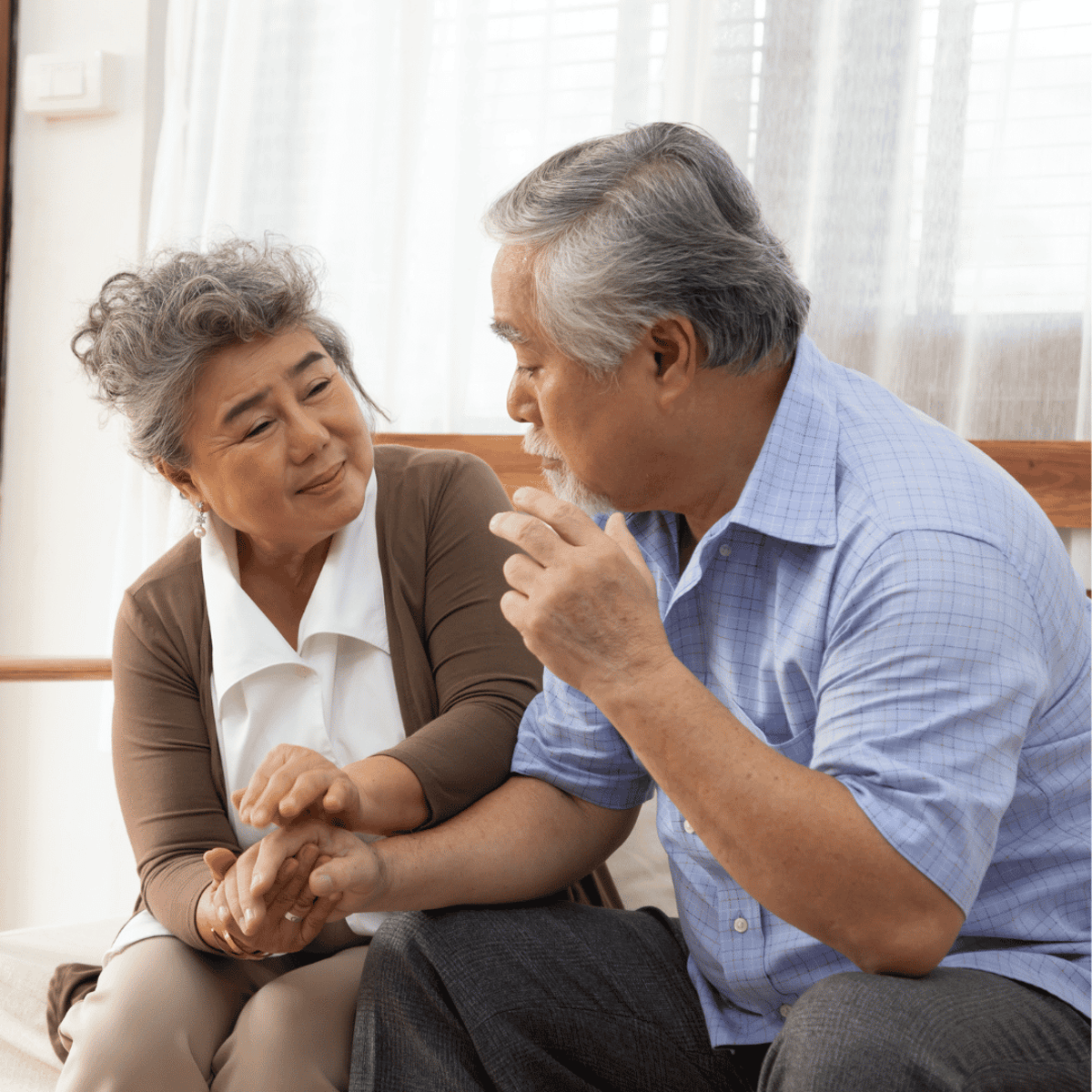



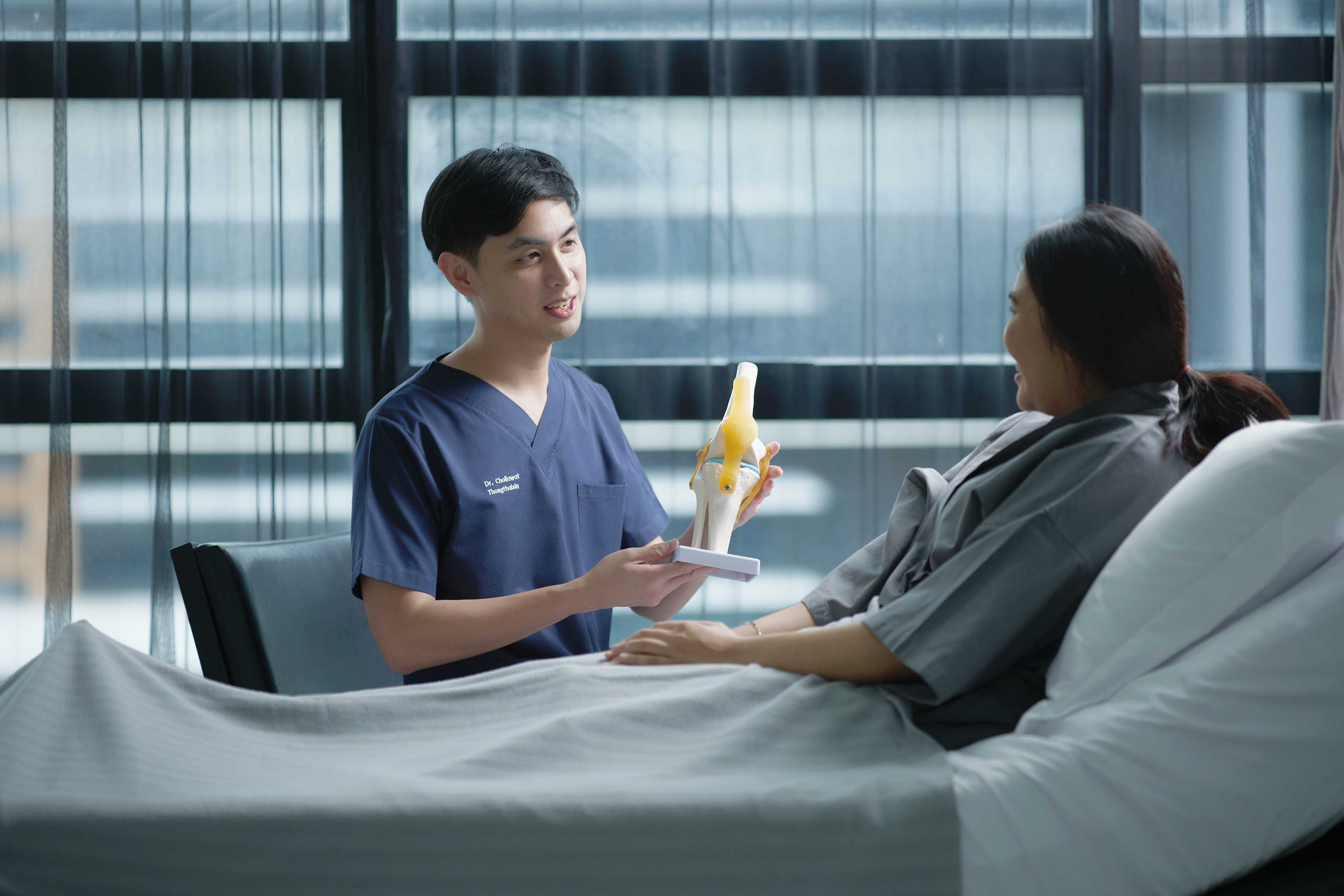
.png)
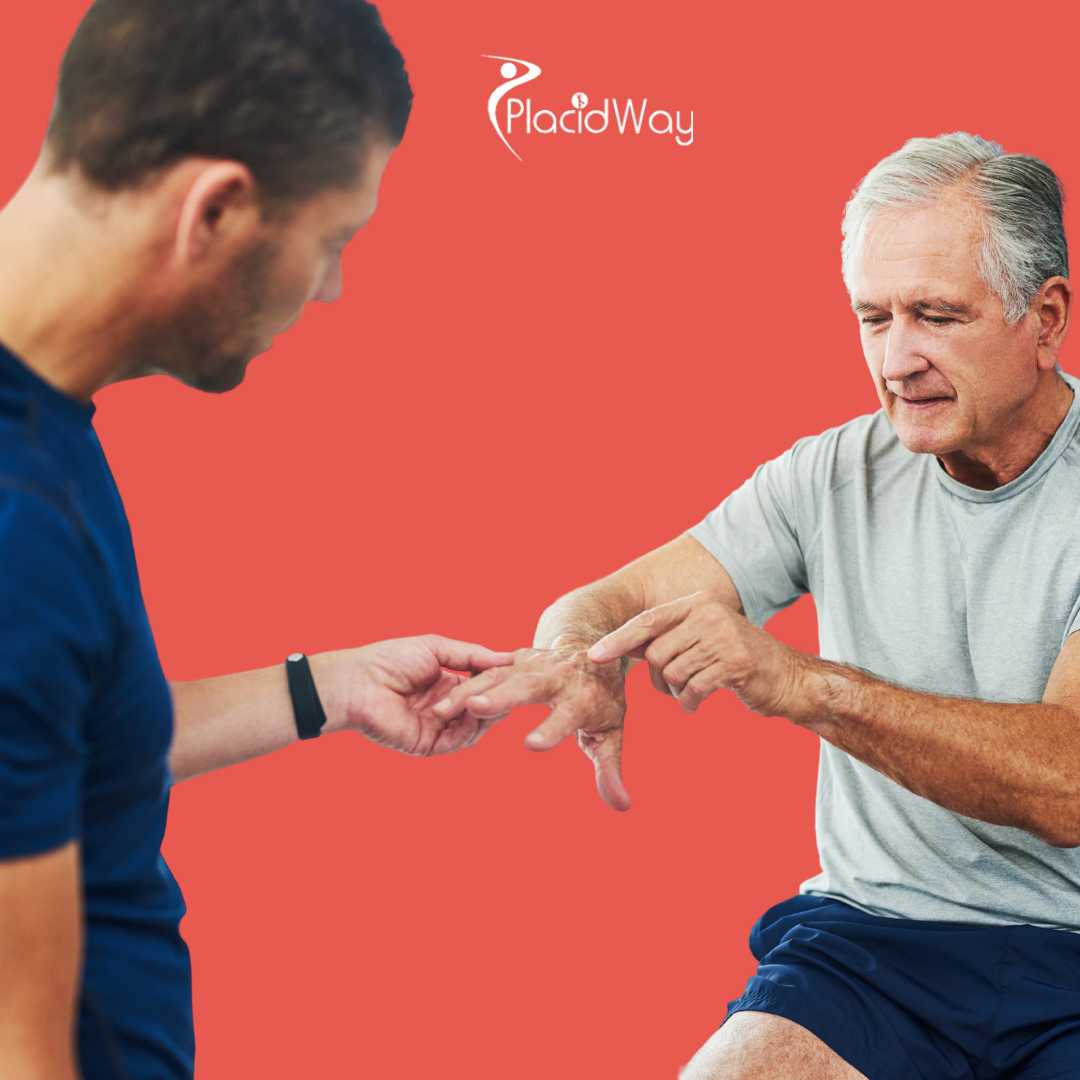
.png)
.png)
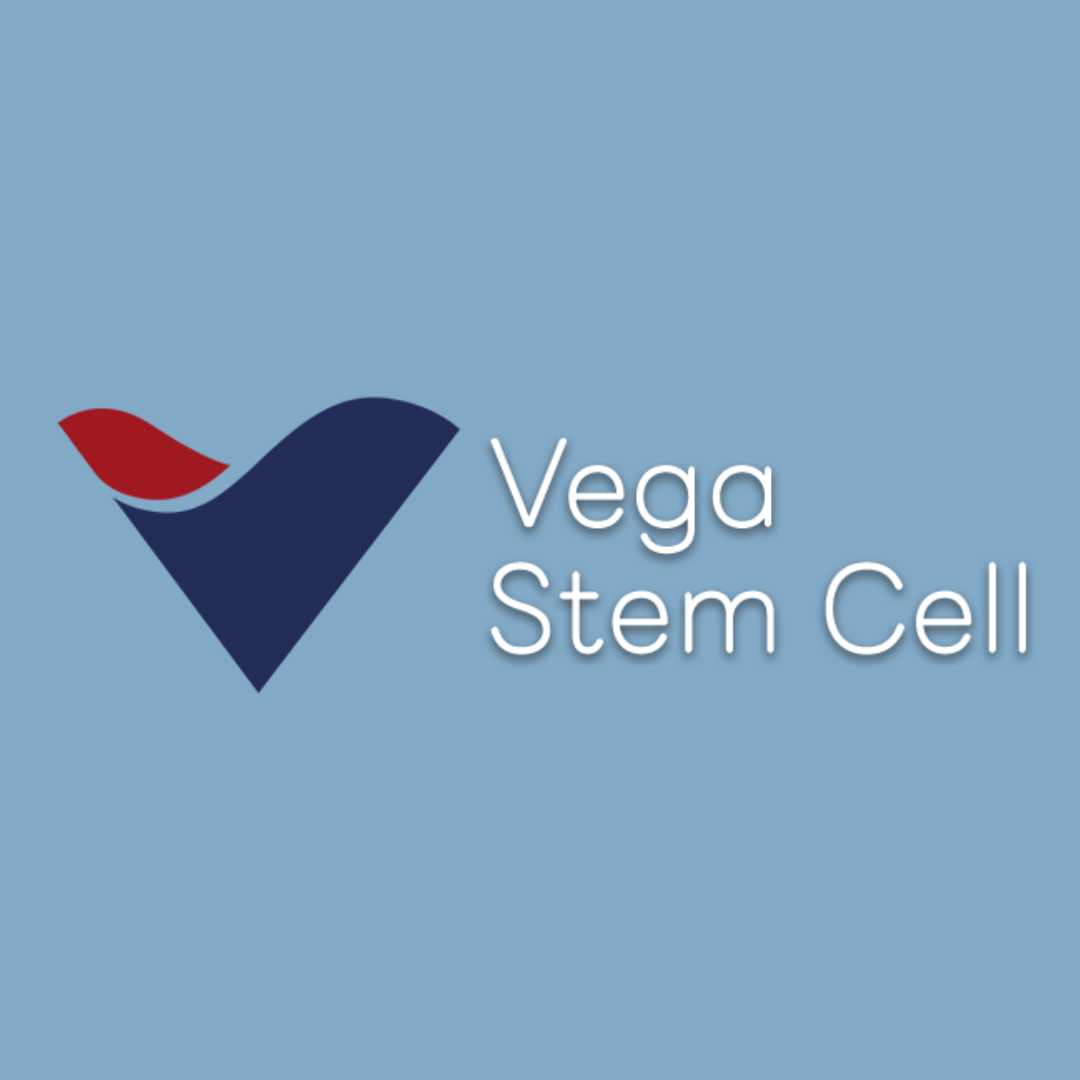
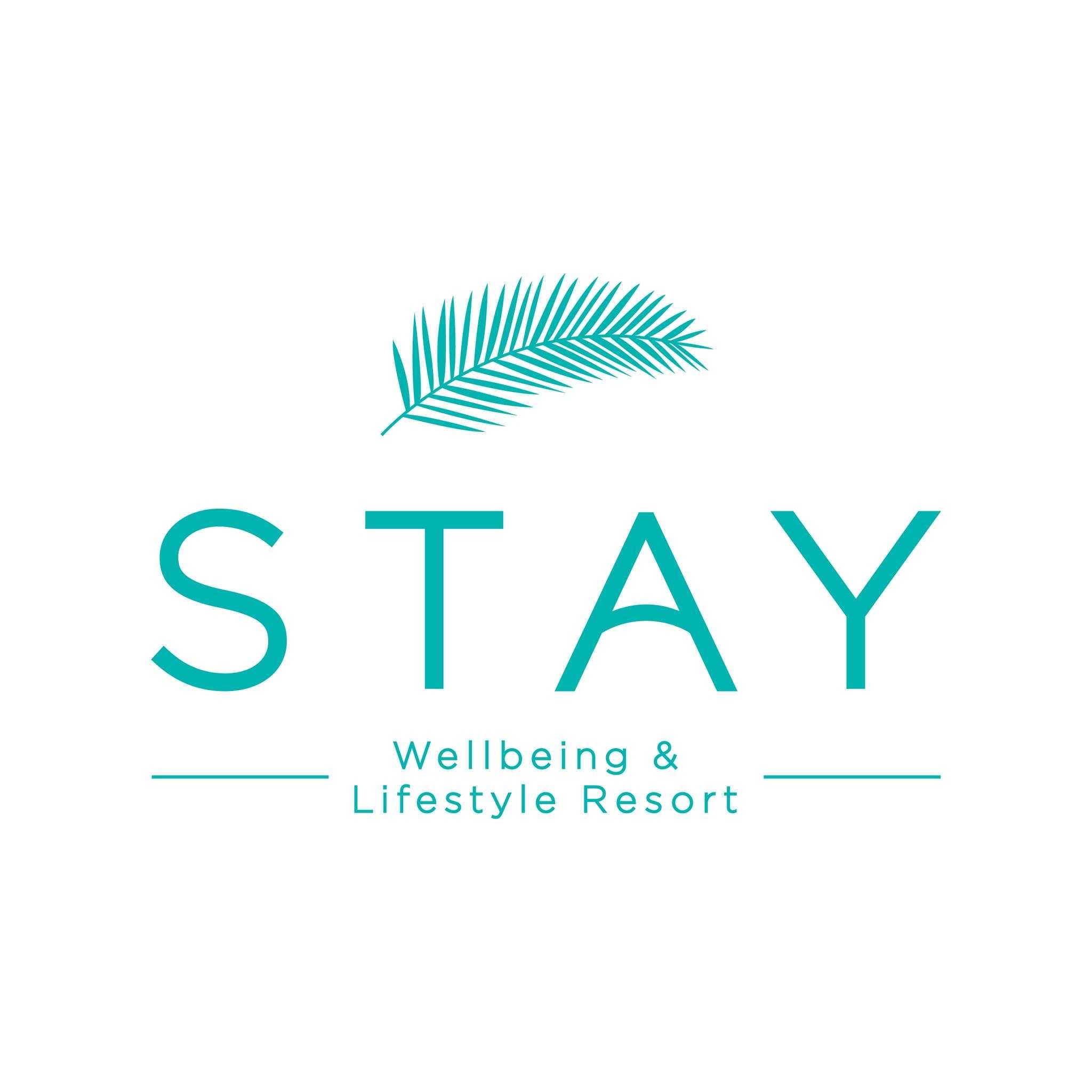
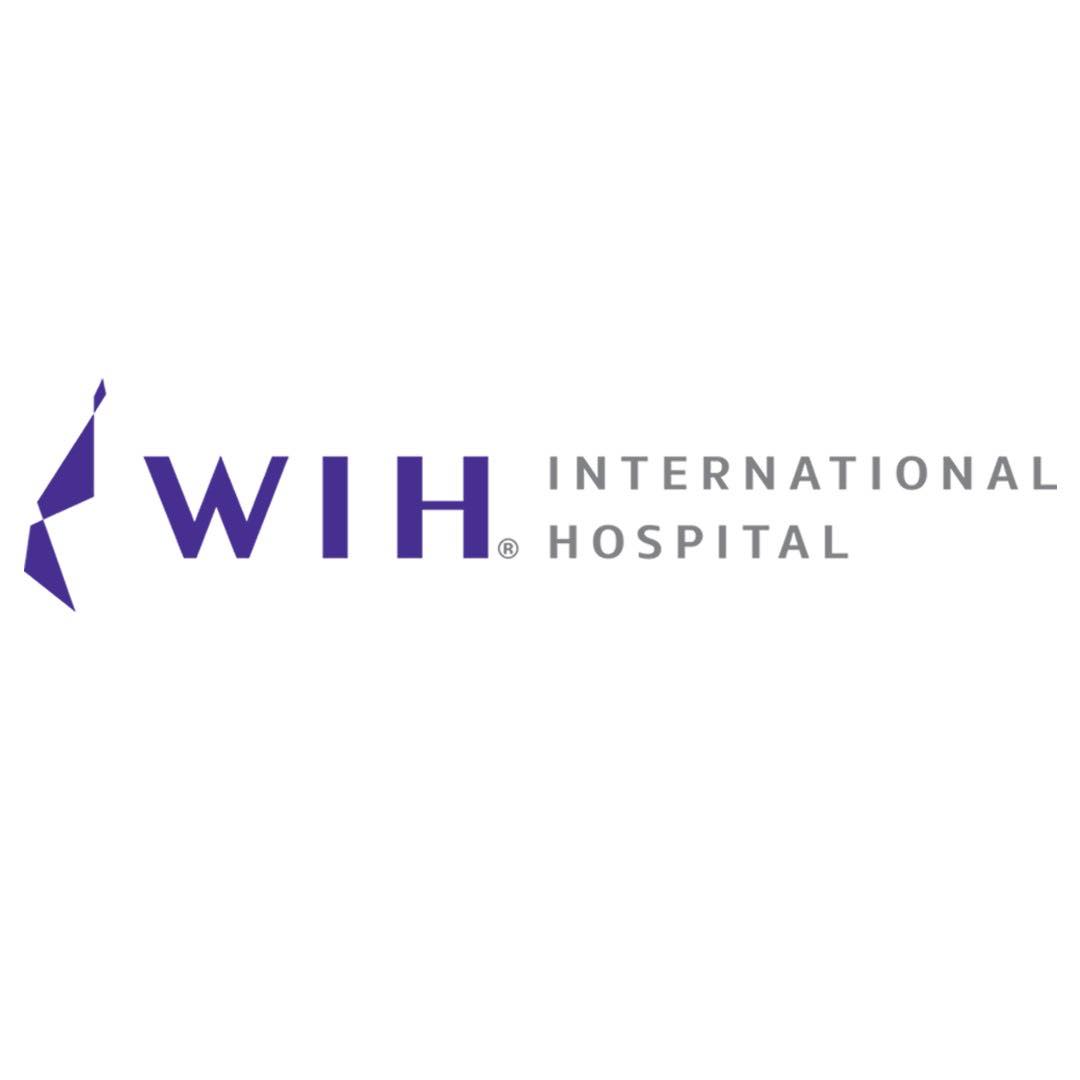
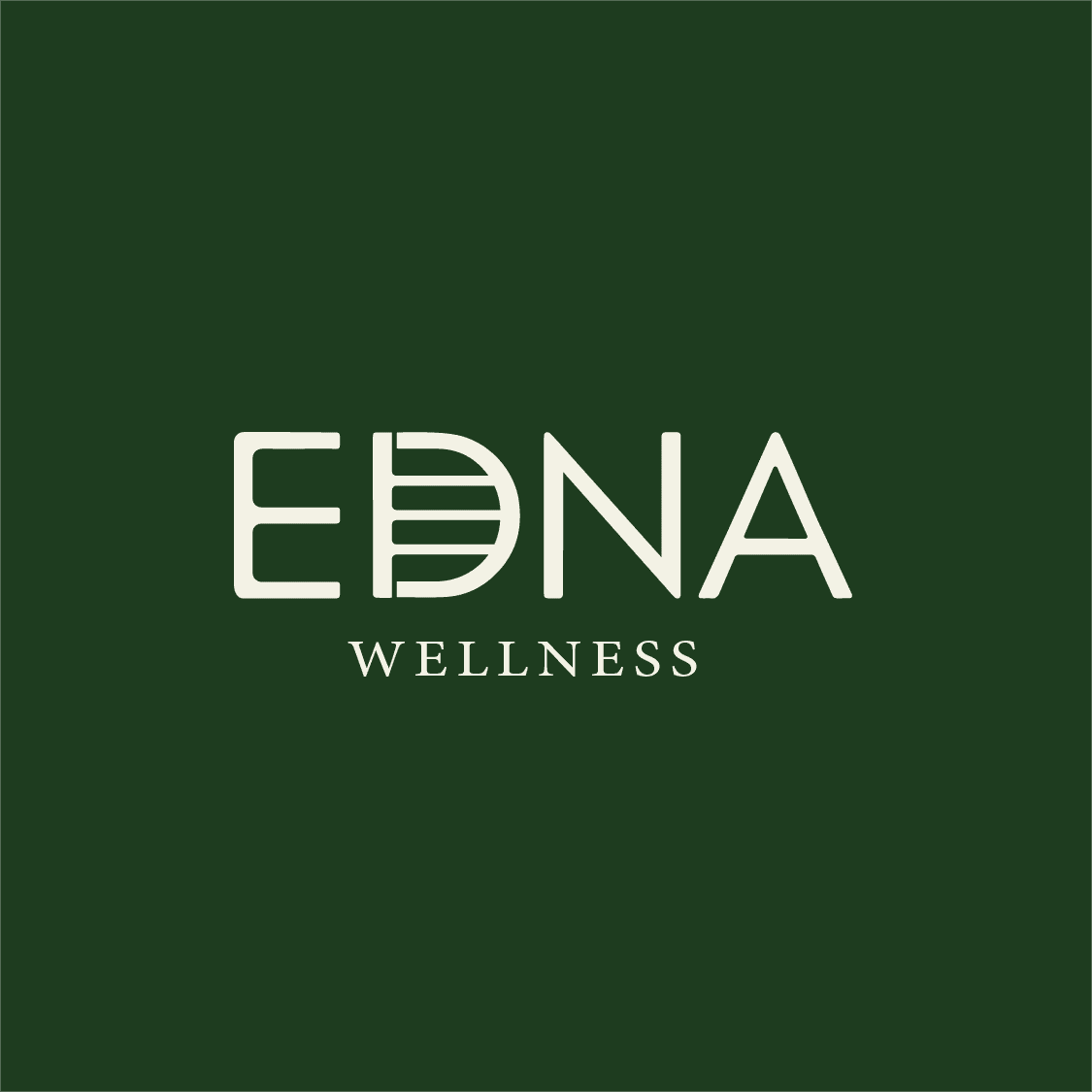
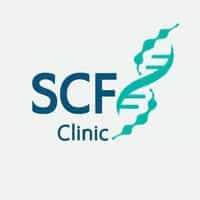

Share this listing